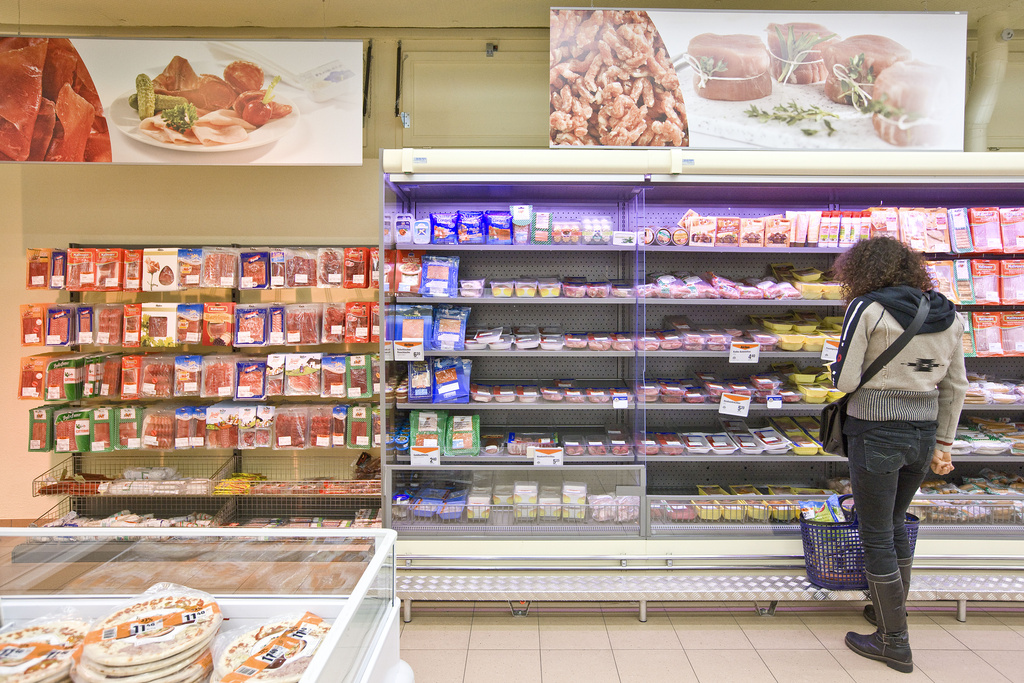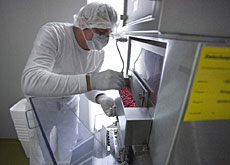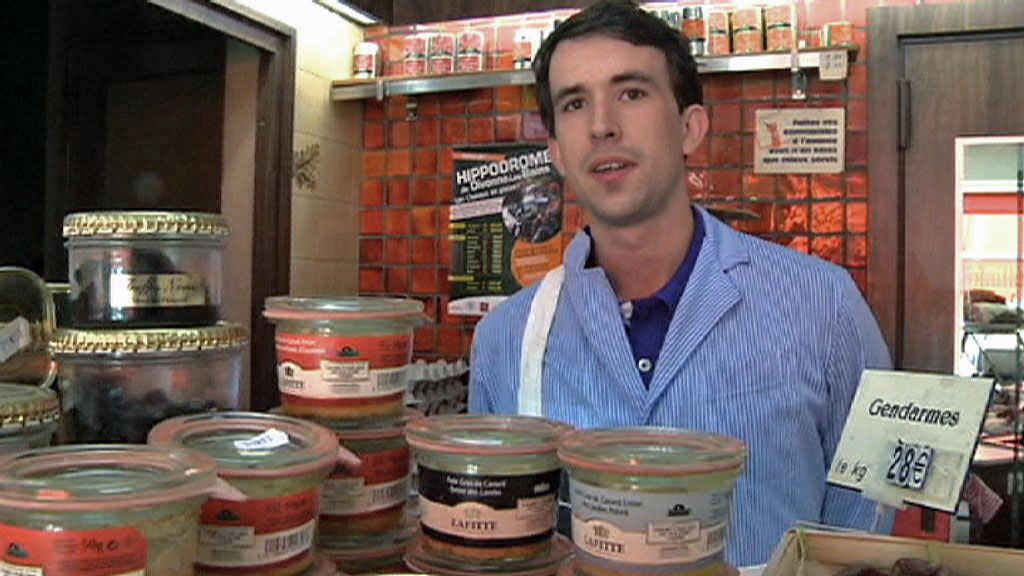Competition chief tests anti-cartel firepower

Two test cases brought by the Competitions Commission (Comco) aim to smash cartels and force miscreant companies into changing the way they do business.
Coffee machine manufacturers Jura and cosmetics firm Care on Skin are the first of ten pilot investigations that Comco recently said it would carry out. Cartels are blamed for helping to inflate the cost of goods in high price Switzerland.
Some companies are suspected of flouting recent laws that allow for parallel imports to take place between Switzerland and the European Union.
Under the provisions, passed by parliament in 2008, retailers are allowed to buy many Swiss products from EU member states at cheaper prices than they are sold in Switzerland.
But companies can get round this by insisting on secret agreements that only allow retailers to stock their goods if they agree not to sell them outside of Switzerland.
Comco has actively courted whistleblowers to build up a dossier of firms that allegedly by-pass the rules.
Baring teeth
Jura and Care on Skin – both of whom declined to comment – have come under the spotlight after Comco was tipped off. Care on Skin is also accused of breaking competition laws through its online sales to specialist resellers.
The Competitions Commission also said that it is investigating several other cases of alleged rule violations involving online sales of electrical equipment.
Comco has come under increasing pressure from consumer groups to bare its teeth with the rising franc making little impression on the price of goods, despite imports becoming cheaper in the last two years.
Despite some past successes, notably against a road building cartel in canton Ticino, Comco has also been criticised for lacking teeth.
Swiss price watchdog Stefan Meierhans complained that Comco’s hands were tied by foreign multinationals breaking the rules inside Switzerland through subsidiaries but remaining outside of Swiss jurisdiction because the parent company is registered abroad.
Loophole
Many multinationals are immune from Swiss prosecution via the so-called vertically integrated system, even if the parent company blatantly orders its Swiss subsidiary to fix prices inside Switzerland.
“We have more and more vertically integrated enterprises entering Switzerland that handle distribution and prices between parent company and subsidiary,” he told swissinfo.ch. “This is the major source of problems when applying anti-cartel laws.”
It is difficult to calculate how much vertically integrated arrangements harm the Swiss economy, with estimates ranging from between SFr2 billion ($2.3 billion) up to SFr20 billion ($23 billion) per year.
Meierhans believes the best way to stimulate an improvement in the situation is to tap into consumer conscience.
“The biggest driver of making companies change their ways is through public perception,” he said. “Companies will only react if their image is being threatened.”
Test case
Thomas Pletscher of the Swiss Business Federation, economiesuisse, insisted that Switzerland’s competition laws were as strong as those in the EU.
“The dense network of hardcore cartels we used to see in Switzerland in the late 1980s has now gone thanks to the tightening of laws,” he told swissinfo.ch. “There are still some abuses in Switzerland, but we also see many instances of high profile cartel cases in the EU.”
The Swiss competition laws were tightened up as recently as 2003 – introducing tougher sanctions for the more serious abuses and beefing up the power of Comco.
The paucity of successful convictions by Comco has more to do with the problems of finding evidence than the strength of the laws themselves, according to Pletscher. “Getting proof of an anti-competitive agreement is extremely difficult,” he said.
One Comco case that looks set to head to the law courts involves Basel-based oral hygiene manufacturer Gaba that was fined SFr4.8 million in 2009 for allegedly manipulating the supply of its Elmex toothpaste product in Austria.
The case came to Comco’s attention when the Denner supermarket chain complained that an Austrian distributer had entered into an agreement with Gaba not to sell parallel imports of the toothpaste into Switzerland.
Gaba may take the case to the Federal Administrative Court, a case that would be a pivotal make or break moment for Comco, according to Pletscher.
“This will be a test of whether Comco is being supported by the courts,” Pletscher told swissinfo.ch. “If the court concludes that the evidence was insufficient to levy this fine it could send a poor message to the markets.”
Comco is an independent federal authority with its own secretariat.
It consists of 12 members who are elected by the government. The presidency has three members.
The Federal Cartel Act demands that the majority of the members of the Competition Commission are independent experts – usually law and economics professors. Other seats are taken by representatives of business associations and consumer organisations.
Whenever a procedure results in the observation that competition is hindered in an unlawful way through concerted practice, abuse of dominant position or merger, the Competition Commission acts directly against the initiator.
Appeals against the decisions may be addressed to the Federal Administrative Court. Appeals can be taken as far as the Federal Court in Lausanne.

In compliance with the JTI standards
More: SWI swissinfo.ch certified by the Journalism Trust Initiative





You can find an overview of ongoing debates with our journalists here. Please join us!
If you want to start a conversation about a topic raised in this article or want to report factual errors, email us at english@swissinfo.ch.